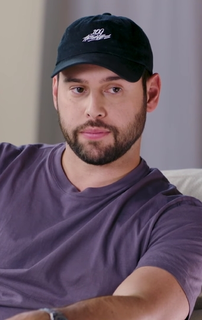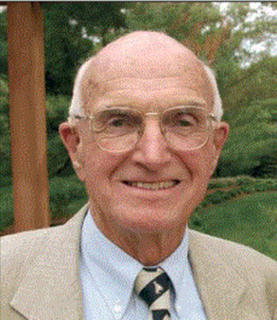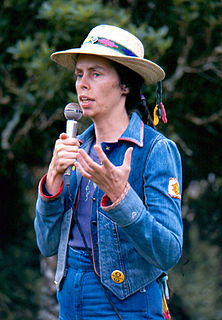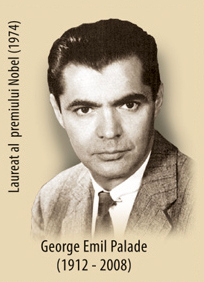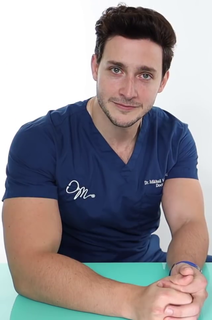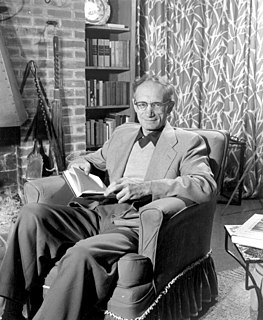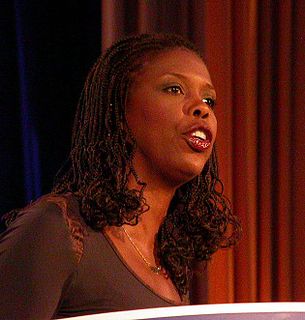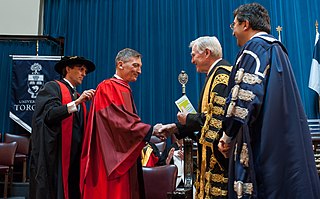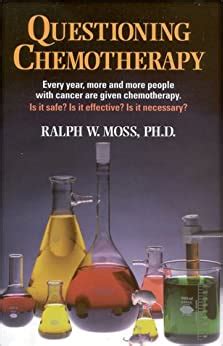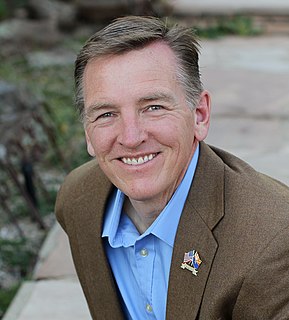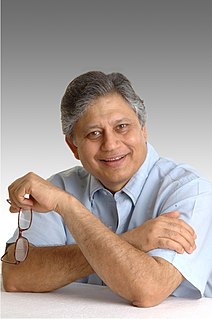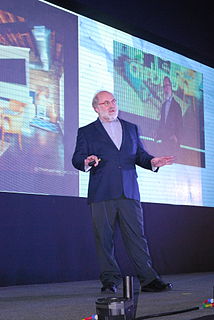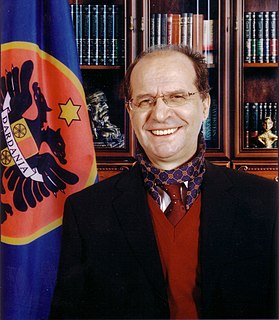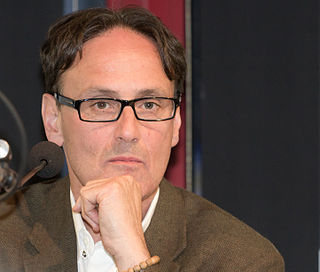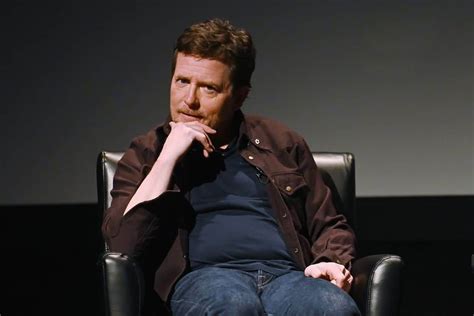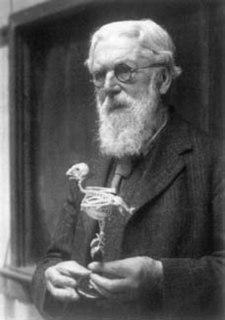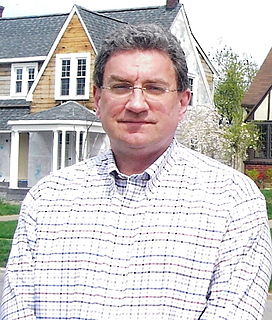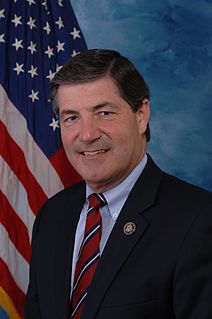Top 1200 Medical Problems Quotes & Sayings - Page 3
Explore popular Medical Problems quotes.
Last updated on April 19, 2025.
I think the sad fact is, there's a long history in this country at looking at African-American as subhuman. And I think that's reflected in the fact that, when we have problems that really are problems of employment, that are really problems of mental health, that are really problems of drugs, our answer is the police.
Medical knowledge and technical savvy are biodegradable. The sort of medicine that was practiced in Boston or New York or Atlanta fifty years ago would be as strange to a medical student or intern today as the ceremonial dance of a !Kung San tribe would seem to a rock festival audience in Hackensack.
I tell [medical students] that they are the luckiest persons on earth to be in medical school, and to forget all this worry about H.M.O.'s and keep your eye on helping the patient. It's the best time ever to be a doctor because you can heal and treat conditions that were untreatable even a couple of years ago.
Nothing in medical literature today communicates the idea that women's bodies are well-designed for birth. Ignorance of the capacities of women's bodies can flourish and quickly spread into the popular culture when the medical profession is unable to distinguish between ancient wisdom and superstitious belief.
It is ironic that in the same year we celebrate the 50th anniversary of the discovery of DNA, some would have us ban certain forms of DNA medical research. Restricting medical research has very real human consequences, measured in loss of life and tremendous suffering for patients and their families.
One of the first things we teach medical students is to listen to the patient by taking a careful medical history. Ninety percent of the time, you can arrive at an uncannily accurate diagnosis by paying close attention, using physical examination and sophisticated lab test to confirm your hunch (and to increase the bill to the insurance company).
The Internet ethos of diversity and competition runs exactly counter to uniform, gatekeeper-oriented medical culture - the technocratic philosophy of the 'one best way' embodied in our pharmaceutical regulations. On the Net, medical information is abundant, and pharmacies, domestic and foreign, operate on many different models.
In 1973, I left the Rockefeller University to join the Yale University Medical School. The main reason for the move was my belief that the time had come for fruitful interactions between the new discipline of Cell Biology and the traditional fields of interest of medical schools, namely Pathology and Clinical Medicine.
I was not a person who you would find on social media traditionally, but when I was introduced to Instagram, I saw it as a way to show other medical students on their journey that you don't have to give up your life to study medicine. The stigma that you can't have a life in medical school was a fallacy, and I was the living proof of that.
Modern problems proliferate and remain unsolved because we spend so much time trying to deal with societal and world problems without first dealing with family and community problems. If we organized for normal families and communities - if these two groups provided the functions they are designed for - world problems would diminish and fade out in two or three generations.
As a physician I have sympathy for patients suffering from pain and other medical conditions. Although I understand many believe marijuana is the most effective drug in combating their medical ailments, I would caution against this assumption due to the lack of consistent, repeatable scientific data available to prove marijuana's benefits. Based on current evidence, I believe that marijuana is a dangerous drug and that there are less dangerous medicines offering the same relief from pain and other medical symptoms.
In a wristwatch, imagine the battery is in the strap and there's a medical sensor in there connected to the internet. If someone is monitoring that, they could phone up if the user has forgotten to take some medication. This could save hundreds of dollars in medical fees later. What's missing? It's a stable battery.
Harriet Washington, in 'Medical Apartheid: The Dark History of Medical Experimentation on Black Americans from Colonial Times to the Present,' documents the smallpox experiments Thomas Jefferson performed on his Monticello slaves. In fact, much of what we now think of as public health emerged from the slave system.
...60 advocates of unorthodox therapies whose credentials are given in the ACS book (above).(:) Of these 60, thirty-nine or almost two-thirds, hold...medical degrees from such universities as Harvard, Illinois, Northwestern, Yale, Dublin, Oxford, or Toronto. Two are osteopaths. 3...also hold...(PhD's)....scientific....reputable....8 others received PhD's in such fields as chemistry, physiology, bacteriology, parasitology, or medical physics, from...Yale, Johns Hopkins, UC Berkeley, Columbia, and NYU. Thus over 75%...are medical doctors or doctors of philosophy in scientific areas.
The efforts of the medical profession in the US to control:...its...job it proposes to monopolize. It has been carrying on a vigorous campaign all over the country against new methods and schools of healing because it wants the business...I have watched this medical profession for a long time and it bears watching.
We have a lot of things, you know, as a medical professional, we have to start looking at, some of the, particularly, the transgender issue has to be looked at in the psychotic - the psychosis in regards to the medical community and looking at that application because there's a lot of mixed studies in those regards.
We are more than our problems. Even if our problem is our own behavior, the problem is not who we are-it's what we did. It's okay to have problems. It's okay to talk about problems-at appropriate times, and with safe people. It's okay to solve problems. And we're okay, even when we have, or someone we love has a problem. We don't have to forfeit our personal power or our self-esteem. We have solved exactly the problems we've needed to solve to become who we are.
Solving problems is fine, but it has gotten to the point of being a global obsession. We somehow have it in our heads that if we solve all of the problems, we can sit back and enjoy the easy life. But in reality, we become lazy and complacent. And that's when we get flooded with even bigger problems.
Tragically, some people are genetically more susceptible than others to agripoisons and industrial pollutants. Genetic engineering to correct these medical problems is a narrow (reductionistic) and instrumental (mechanistic) response to a problem that is fundamentally conceptual: namely, our attitude toward life and our mistreatment of the Earth, plants, and animals-and ourselves in the process.
Cell and tissue, shell and bone, leaf and flower, are so many portions of matter, and it is in obedience to the laws of physics that their particles have been moved, moulded and conformed. They are no exceptions to the rule that God always geometrizes. Their problems of form are in the first instance mathematical problems, their problems of growth are essentially physical problems, and the morphologist is, ipso facto, a student of physical science.
In medical school, students are immersed in the realm of medical ethics. It's where new doctors study, learn right and wrong, ask tough questions, and discuss things like end of life care, genetic testing, and patients' rights. In lots of ways, it's the most important part of being a compassionate and competent doctor.
A lot of the medical imagery has to do with my own biography. I had open heart surgery, I had knee replacements, I had a hiatal hernia, etc. Every time you go for surgery, you get a whole spectrum of imaging. Of course, I've been doing research in imaging technology across the board for close to twenty years. When you think about it, medical imaging is actually quite new. The first major medical image was the x-ray in 1895. That was the first time you got imaging of anything that's in the bodily interior.







